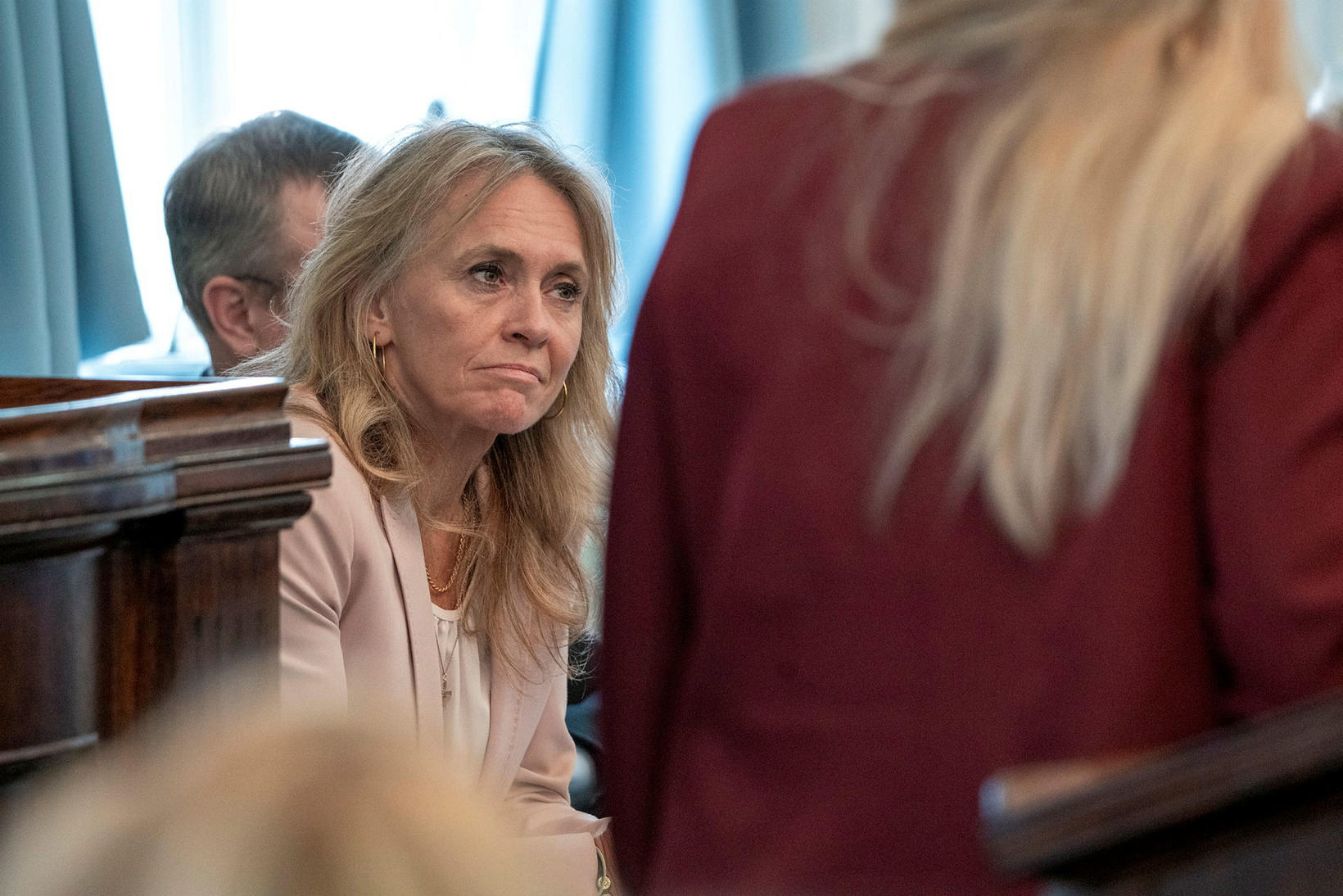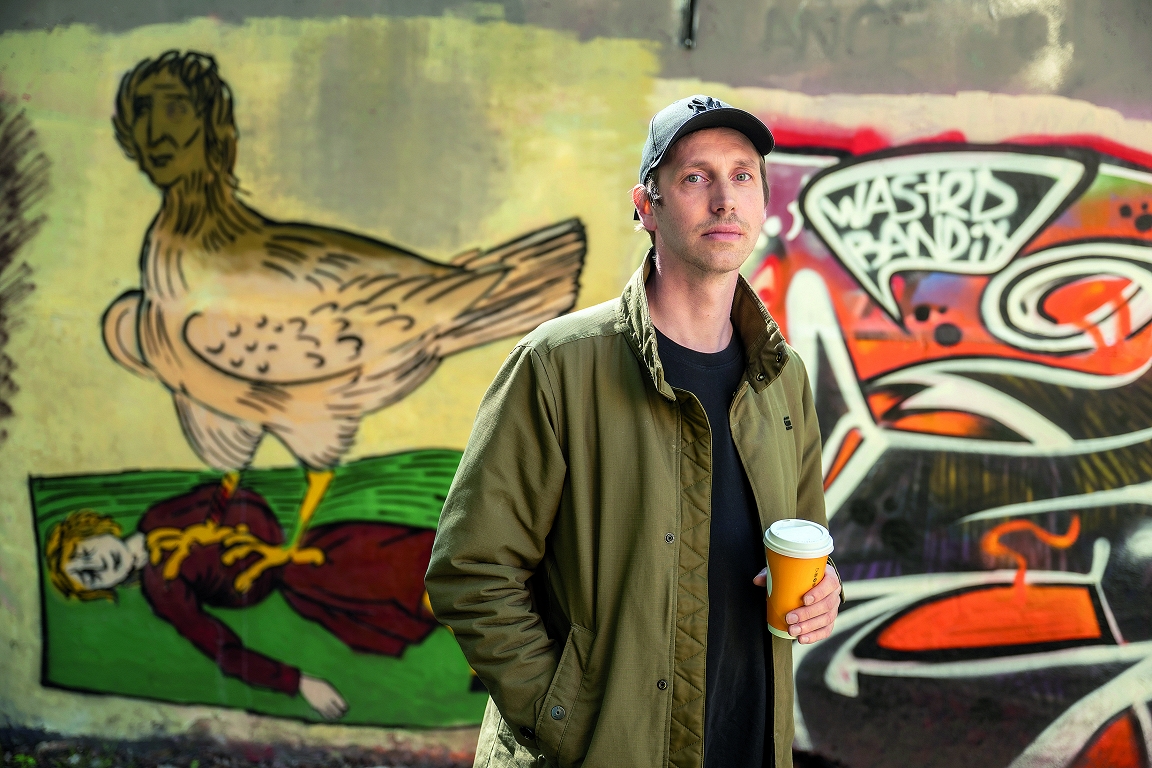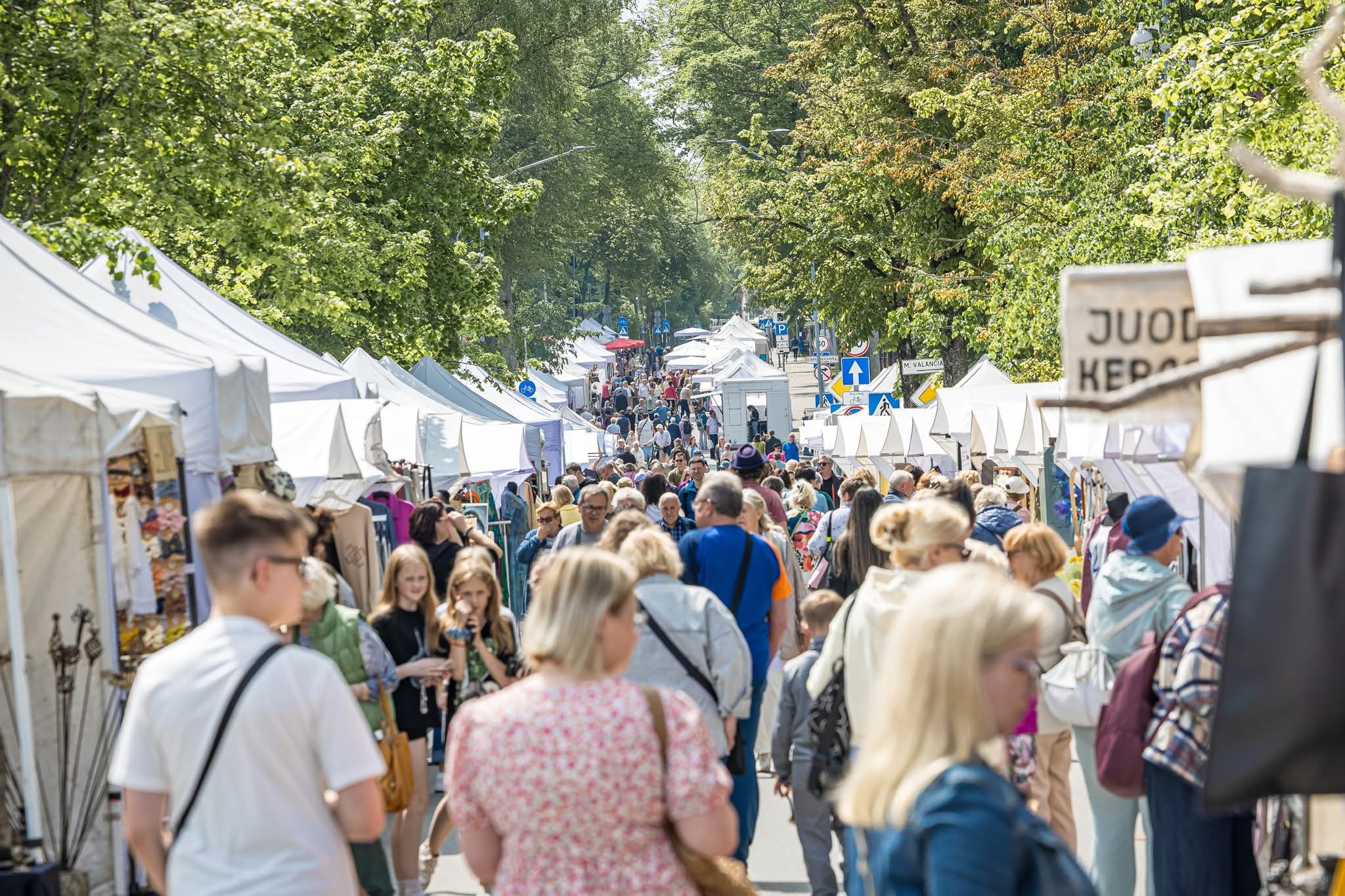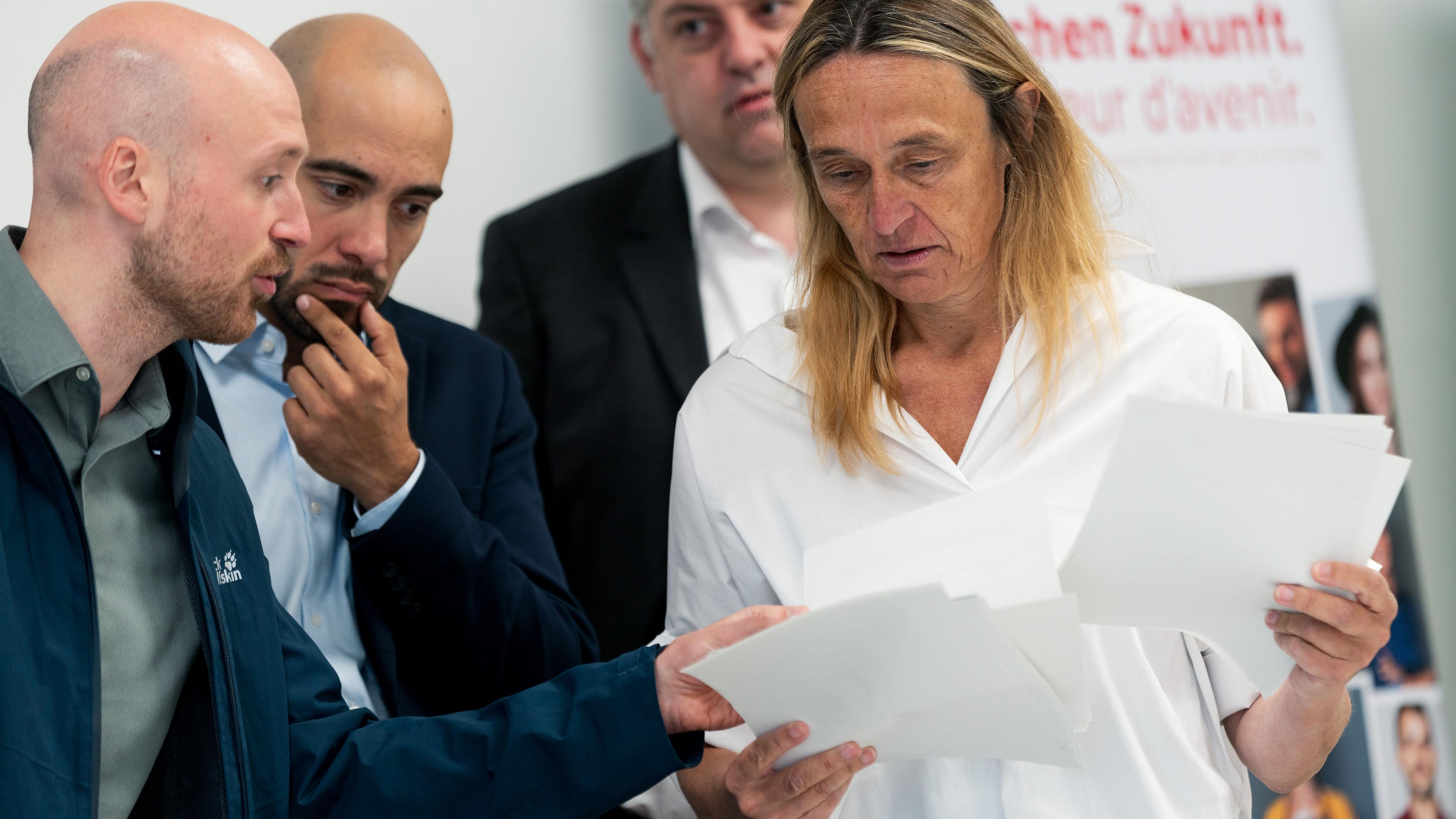She didn’t give her a hand in the church, she had to wait for the doctor. A young Roma from a shack found happiness in

Alice about her fate goes to the cinemas.
At the end of the film Alice and Miracle from a foreign country we see the main protagonist Roma Alenka and her sister. She asks her if she ever wanted to be with her in a children’s home rather than with her mother in the settlement. The sister tells her that it might be better.
Alice grew up in a children’s home in Spiš, her sister in a settlement in Rudňany. Their lives are now diametrically different. One of the two directors Daniel Dluhý says it looks like happiness on one side. Alice was in a better environment in the children’s home compared to it in the settlement. But on the other hand, she never experienced a family background.
Alice went from a shack to the children’s home, was in a special school, shelter for women, asylum house, until she finally got with the help of German Michael, who has visited her since childhood in a children’s home, Germany. He works there in a local thermal swimming pool.
In a film that is heading for the cinemas, Alice goes back to the settlement behind her mother and sister. We talked about it with director Daniel Dluhý.
In the interview you read:
- What was the first meeting with Alice,
- Who was Michael who has been dealing with Alenka since childhood,
- What role do Christians play in Alenka’s life,
- Why did Roma children from Spišské Hanušovce have to leave.
You made a film about Roma Alenka, who grew up in a children’s home, but she was lucky to be devoted to German Michael Jagdmannwho often visited her in Spiš. Later he helped her get to Germany. How did the film make?
While working on the film, I stuck from the idea I had since 2013. At the end of the fourth year of college, I was at a creative stay in Denmark. During it, I realized that cities and streets were made for people. They are not only for a person to get from one place to another, but to feel good. I began to wonder to what extent the environment and the people we are moving between are affecting.
Producer Lukáš Marhefka later showed me an article in the newspaper in which they wrote about Alice as a girl from a children’s home, which was helped by a man from Germany. It was an interesting story, and at the same time it contacted what I was thinking about, to what extent the environment and people around us influenced us.
We started shooting the film in 2020. We went to Alice with camera. It fell into each other right away. Already during the first visit we shot some shots, part of which is in the film. We made it continuously from summer 2020 to summer 2024.
Screening of the film
- The premiere will take place on 22.
- Regional premiere: 23. 4. 2025 at 7 pm in Ramag Studio in Spišská Stará Ves.
- Distribution premiere: 24. 4. 2025 at 5 pm at Lúmiere cinema in Bratislava.
In the film, it is only fatalist to see what it was actually a coincidence that Michael understood with Alice and how it predetermined her life. It could have been any other child and her life might have looked completely different.
The film has such a trait that, even though it depicts real people, the author can say through them the things and ideas that he himself deals with and that bother him.
Much of what Alice remembers in the film are the things I have thought about. This is part of the part when he asks where it belongs, whether it is here or somewhere else. Maybe that’s the idea of a movie – to find the place, and if not immediately, look for it and think about where I belong.
I would be pleased if a person who looks at the film, among other things, saw this line and wondered in what environment we live in terms of the quality of social dialogue and that we want to improve it.
What was the first meeting with Alice?
Great, it was summer and warmth. Alice was already waiting for us, we were agreed in advance. We did not count on the fact that we will be waiting for us with a set table full of all good things and a bowl of fresh fried cuttings.
I would have paused with Michael from Germany, which Alenka’s life has fundamentally influenced. Who is it?
When he was small, he lived in an incomplete family and got into the improvement for some time, which remained in it. He learned, worked in a bakery, and found out that he knew and wanted to help children with the same experience. He started working in the foundation, which was devoted to children in a children’s home in Germany and abroad. Probably before the revolution or just after her, he and his wife went to Czechoslovakia. At that time he began to attend children’s homes here.
When they were in Spiš, he found Alenka there. He didn’t know Slovak, she was German, but they sat down and made friends. After some time he began to visit her repeatedly. They started communicating through the leaves. Alice sent them to him in Slovak, always translated them into German.
Was it common for children from abroad to visit children’s homes in Spiš?
Depending on what Michael said, it was not common. They were one of the first who tried to take it so that their visits are not mass education, but rather something more personal.
Several times in the film, it was said that even the guardians in the children’s home Alenka after the arrival of Michael said that « your German came ». Was it envy?
I only know it from hearing, but at that time it was unprecedented that someone from Germany came and devoted himself to a child from a children’s home.
Director Daniel Dluhý
- It comes from the Tatras town of Kežmarok.
- In 2012, the television premiere had an eighteen -minute version of his documentary film Stara Book of Rhinks about people from Prague’s second bookshop.
- Later in the same year, the student film was broadcast by the municipal parish for the priest John Záhradník, working in the purely Roma village of Lomnička.
- The film Eternal Life, eternal youth, shot according to Goral folk fairy tale, is his edge.
Alice also talks about humanity that people in Slovakia are missing. She was told by a doctor in Slovakia directly that she was a gypsy, she would wait. She was going to Slovakia?
I don’t feel like it. Rather, she sees that the more favorable environment for her is somewhere else. Ideally, it’s probably not anywhere in the world, but she mentioned that she feels free abroad. Here, at first glance, someone will include that she is a gypsy from the settlement to wait.
The film also talks about Christians who go to church but hate Roma. Alice said that her wife would not give her hand in the church because she was a Roma. Is it rooted in people in Spiš?
I think it does not depend on the spot, but it is about the mentality of people. As if they were not thinking about it. It is often not thought that the Roma in the church may be a person who lives on the street. They don’t even know he is trying to live the best he knows.
Or they do not know that shaking hands could mean encouragement and aware that people value it and can live normally. Those people take it as in a kindergarten – I won’t play with you because I don’t like it. As if people liked to live in the established lines and did not want to look at the thing from a different angle.
What responses did you have when shooting a movie when you moved in Spiš?
[email protected] to help you.
The most important reports from the east of Slovakia read to Korzar.sme.sk. All messages from the entire Spiš region can be found at Corsair Spiš








